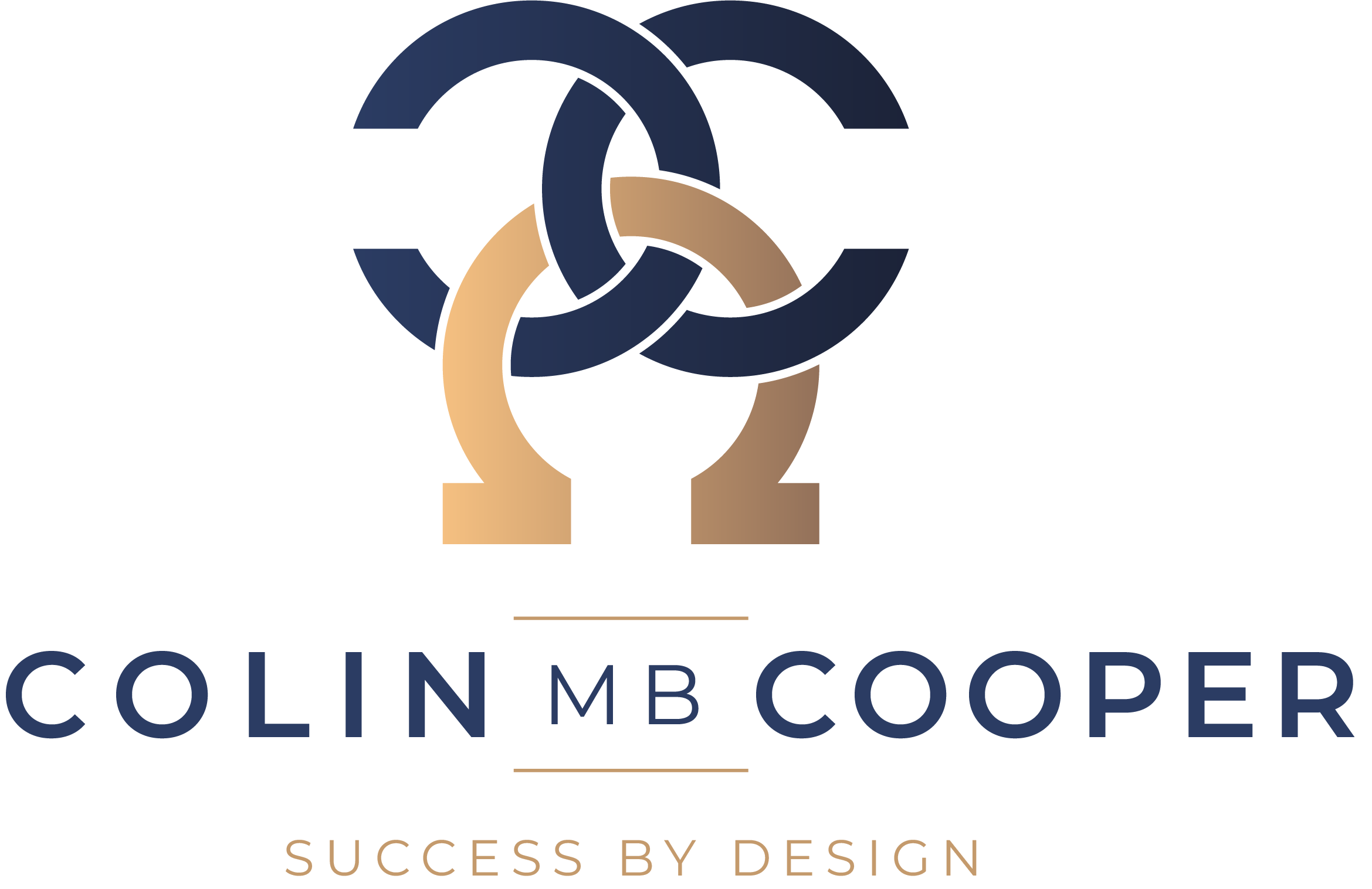Branding is so much more than just having a snappy logo or flashy website. Good branding increases the value of a company, provides employees with direction and motivation, and makes acquiring new customers easier.
Because it is so easy to get lost in a sea of competition, branding is essential on the Internet. Nowadays more than ever before, being a successful business owner is about making sure that your company name, identity, brand and even your personal brand, if you want to make it part of the attraction of doing business with you, can be found in every nook and cranny on the Internet.
A brand heightens customer’s perception of a company’s customer service, reputation, advertising, and logo. When these parts of the business are working well, the overall brand tends to be healthy. On the flip side, we all probably know a company that offers excellent products or services, but has a damaged brand because it has poor customer service.
A Successful Strategy For Online Branding
To brand yourself and your company it is important to get your name out there on the Internet. You can easily do this by helping people, differentiating yourself from the competition, and spreading your name far and wide via social media and online marketing.
Your brand gains more followers and customers when you focus on providing value to the people of your niche. You want to appear helpful, demonstrate your expertise, and be present by networking whenever you get the chance.
Set up web properties to get your name out there and start to build an audience. This should include creating a blog, being present on social media, and taking advantage of other branding opportunities.
Marketing online makes it easy to create a consistent image for yourself and your brand. For example, you might consider creating a consistent look, including colours and graphics, across all platforms you belong to. You’ll streamline your graphics, your interactions, your free and paid materials, and so on.
Just like your bricks and mortar business, your online presence is a real business, so it’s important to treat it that way and get it right from the very start.
Don’t worry; you don’t have to do it all in one go. This part of the process is done a little bit each day, not for hours upon hours each day.
Once you set it up, you really only have to check in every now and then, just a little bit at a time. Branding yourself doesn’t have to be time-consuming, you just have to focus on staying in touch with what’s going on in your niche or industry and making sure you are a consistent and helpful presence.
Have a Unique Selling Proposition
Do you have a clear idea why people should pay attention to you and your company?
If not, you need to figure out what it is about your business that sets you apart from everyone else. This stage is vital as it is how you build your brand, get more sales, and really succeed online. There’s a lot of competition out there, so there must be a reason people will be turning to you.
Consider what is so special about you and your brand. What do you bring to the table that no one else can? Remember, it might be something about you, your approach, your methods, and so on. You must figure out what you have to offer that no one else does.
Very few people follow copycats. People follow others that are innovative and bring something unique to the table.
This is key to branding yourself online because if you just blend in with the crowd, there’s no reason for people to pay any attention to you and to join your list.
You should show them that you are the best at something. This can make you a little bit uncomfortable if it’s not something you’re used to. But when you keep in mind that your main goal is to help people, and that you can provide something that no one else can, it gets a little bit easier to brand yourself and to push your USP.
Once you figure out what sets you apart, you then have to tell everybody by including it in all your marketing materials. Consider the slogans and the USPs of the companies and the people you admire and why they appeal to you and see how you can emulate it in your business.
Take your time and do some brainstorming. Once you figure out your unique selling proposition, it becomes so much easier to make headway in this business. You can use your USP when trying to attract an audience, trying to get people to join your list, and when making sales.
Don’t give up before you figure out your USP. Absolutely every person in every business has a USP or can easily develop one. You need to have knowledge of your marketplace and your niche, what people need and want, and what you bring to the table. Figure this out and make sure you have it firmly in your mind because it will guide you with everything you do in your business.
Action Steps for Branding Yourself:
This is not a comprehensive list, as you’ll need to figure out what works best for you in your niche. Keep in mind that your brand is how people perceive you and why they choose you. Stay consistent and be sure to set yourself apart. Below are some specific things you can do to start to brand yourself.
1. Setting Up Your Blog
It is a good idea to set up a blog as part of your branding. Your blog will be your hub for everything you do online. You are going to use it to draw an audience, rank in Google, get people to sign up for your list, and connect to your social media accounts. You are going to provide a lot of value on your blog and inform and help people. You are going to interact with the people in your niche on your blog.
There are so many blog-building options out there, but feel free to contact us for advice. Often, depending on the business model, it could be totally fine to set up a free blog, such as what you’d find on blogger.com.
However, because you are working on building a real business it is recommended that you make a small investment in securing a professional domain name and website that brands you.
Once you have your domain name and hosting, it’s time to set up a blog. A platform like WordPress is very easy to work with and there are many themes and plug-ins available to change the look and functionality of the blog. WordPress is extremely flexible and is sure to stand the test of time.
On your blog, you’ll have a couple of different purposes. You will create pages that stay static on your blog. You need an “about me” page, a contact page, a squeeze page, and other pages. Look at the most popular blogs in your niche and figure out which static pages you would like to include on your own.
These static pages really help to build your brand. People will be able to find out more about you, join your list, contact you, and more. These are the pages that you would typically find on a standard website that people come to expect to see (and so do the search engines).
However, you want your blog to be so much more. You also want to include frequent, fantastic blog posts that help to establish you as an expert. These blog posts can help you keep up with trends, set the tone for your brand, inform people, help people, entertain people, and more. I highly suggest that you have a mixture of posts. Make sure that the posts are high quality so others want to link to them and Google wants to share them.
As part of branding yourself and becoming successful online, you are going to get a lot of content out there all over the web. This can start with your blog, which serves a variety of purposes. Make it clear what your blog is about and why people should subscribe to it and visit it often.
It is highly recommended that you write a few posts every week, or at least enough to keep people entertained and coming back for more. The more content you have out there, the more chances people have to find you.
Essentially, you want people to get caught in your spider web of content and your presence everywhere on the web. People should find you on relevant Google searches related to your niche. They should know that if they hang out on your blog they can interact with you, learn a lot, be informed, and be entertained. Interacting with the people in your niche is one of the best ways to brand yourself and to become successful. Remember… people buy from those they know, like, and trust. This is the foundation of making sure that happens.
Eventually, your blog is going to be an excellent traffic generation tool. But your main goal, of course, is to get people to join your mailing list.
Add a squeeze page to your blog and give people something extremely valuable for free. You can drive social media traffic, article traffic, and paid traffic to the squeeze page – including a combination of all of the above.
In addition, put an opt-in form on the sidebar of your blog so it shows up on every page. You can also include an opt-in form at the bottom of each post you make. Ideally, your blog will eventually be a 24/7 lead generation tool.
Building a successful blog is an ongoing process. It can take a little while for your blog to take off. But then, the effects are massive over time. Check out your favourite blogs within your niche to figure out how you can use your blog to brand yourself and really build a successful and profitable business over time.
2. Set up Your Social Media Accounts
These days, your business absolutely needs to be present on social media. Companies both large and small are on Facebook, Instagram, Twitter, Pinterest, and more. Remember to brand yourself consistently. Your goal is to be present everywhere that the people in your niche are present. You are going to link between your blog and your social media accounts, and vice versa.
Which social media accounts you should sign up for really depend on your niche. At minimum, links to Facebook should be on your blog or website. Twitter is a standard as well– there’s no doubt people from your niche have Twitter accounts that they are actively using. Take a look at where the already successful people in your niche hang out on social media and what appears to be the most active.
Ideally, you should consider creating a Facebook page or a Facebook group as well. A Facebook page is different from your typical profile. A Facebook page is designed to help you promote your business and connect with your fans. You can drive organic traffic to your Facebook page, link to it from your blog, or even build up your fan base by paying for Facebook traffic. Consider what would be best for your niche and your audience.
Each social media platform has its own style. Pinterest and Instagram are heavily focused on images, graphics, and pictures. Many companies and individuals are using Instagram to show people the personal side of their lives. They often use their phone to take pictures of what they’re doing and what’s going on around them to help build their brand to connect with their audience.
Pinterest is a great way to share images from your blog and of what interests you around the web. It can be quite addictive. It can also be an excellent way to connect with your audience, grow your brand, and get more traffic. It does help to pay attention to what successful Pinterest users are doing.
These days, you also want to set up a Google Plus account. Google+ is essential for hosting your own YouTube channel and Google Hangouts. Google Plus is excellent because it allows you to claim authorship of what you write for Google search results, and take advantage of all the traffic YouTube can bring.
You can also really connect with your audience and ramp up your rankings with Google Hangouts. Again, follow in the footsteps of those who are successfully using these social media platforms so you can brainstorm ideas for how you can use them yourself.
If you are a business-to-business company, you should also take a look at LinkedIn. People often use LinkedIn to research professionals and experts in a niche. Join LinkedIn and list your credentials. It’s a great way to gather social proof since people can endorse you for skills and leave reviews about you and your business– this is huge since LinkedIn holds a lot of weight in the search engines. LinkedIn also has groups where you can answer people’s questions and really cement in people’s minds that you are an expert.
3. Networking Is Part of Branding
As part of branding yourself, you are going to try to be everywhere you can be on the web. You are going to be interacting with people in your niche as well as other marketers and businesses in your niche.
It’s your goal to get in the “in” crowd. You want to be everywhere your prospects are and you want to be associated with the most popular products, services, and people in your niche.
The way you do that is by putting yourself out there. Sometimes, it can be a little bit intimidating to interact with other people on social media and on forums. But, you just have to go for it.
Look for ways you can help others. If someone asks a question on a forum and you know the answer, go ahead and answer them. The more you help people and provide value to people in your niche, the more likely you are to successfully build your brand and get people to pay attention to you.
You can also network on your blog as well as on other people’s blogs. You can write guest posts for already successful blogs to network and leverage the traffic that blog is getting. You can also comment on blogs and really join in the conversation of the niche. Being active on other people’s blogs is a great way to network and get your name out there even though you may be brand-new and really just starting to brand yourself.
4. Targeted Traffic Is Part of Branding
Networking, driving traffic, and leveraging assets of others is a big part of building your brand.
It can be really helpful to make a list of all the different ways you can network and get to know people in your niche. How can you get your name out there and really set yourself apart? Figure this out, and you’ll be able to build your brand faster and more successfully than you ever thought possible.
Tying All the Pieces Together
This whole process ties really nicely together. Building a true brand that speaks for who you are and what the people of your niche need and want is definitely the way to go. Your brand is going to stand the test of time. Your name is going to become synonymous with your niche. Build your brand mindfully, and you will succeed.



